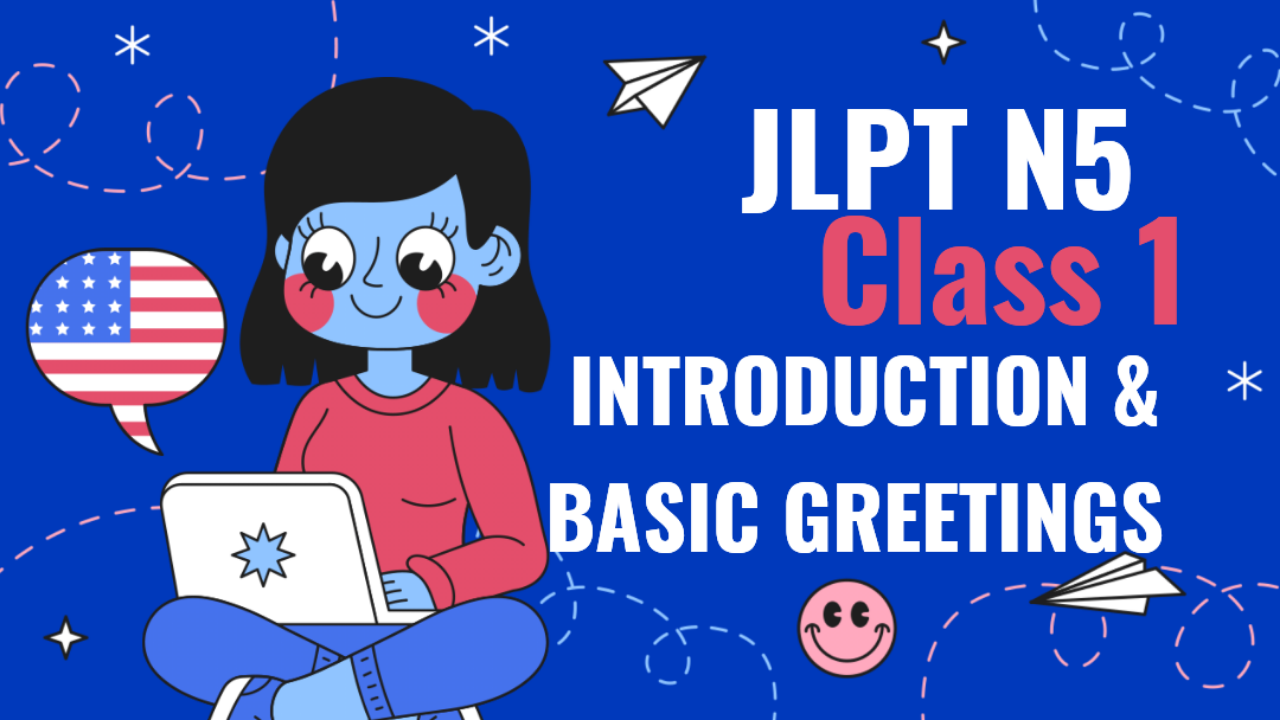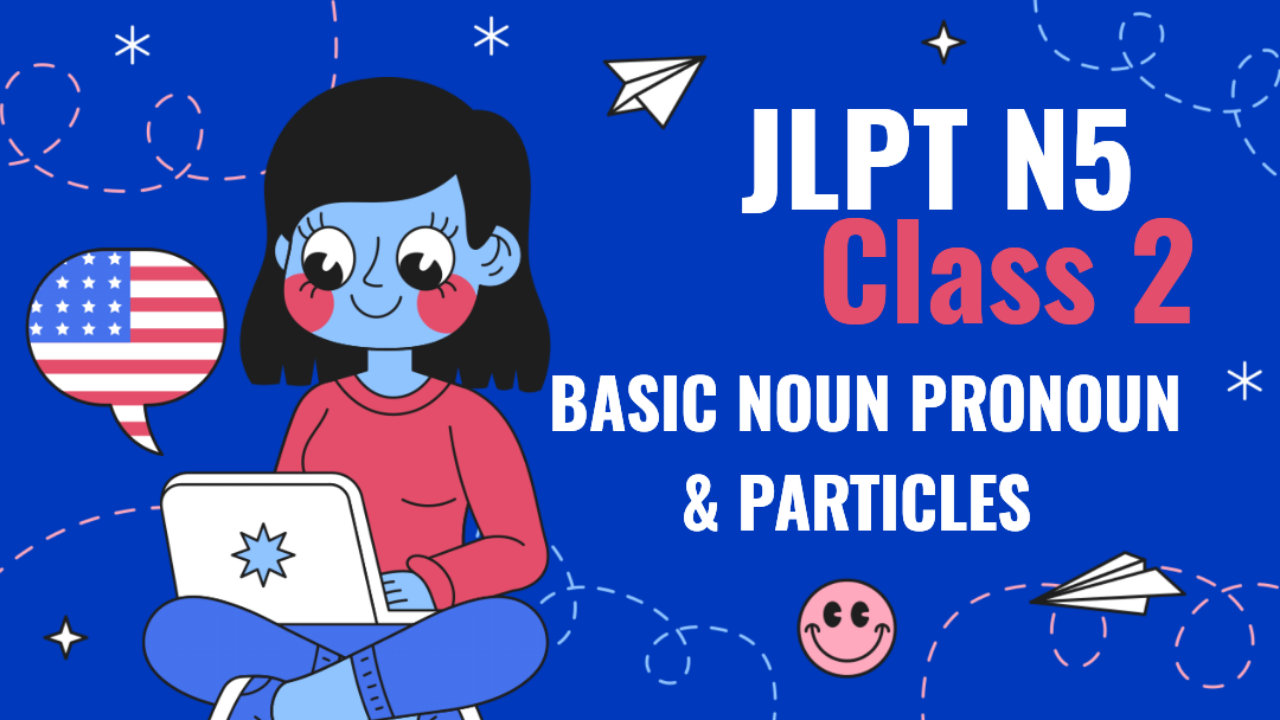Class for IGNOU MBA OM: MMPC-003 (Business Environment)
Unit 10: Political Environment
1. Introduction to the Political Environment
The political environment encompasses the political factors and government policies that impact businesses. It includes laws, regulations, government agencies, and political stability, all of which influence how businesses operate in a country. Understanding the political environment helps businesses assess risks, make informed decisions, and develop strategies to navigate political challenges.
2. Key Theories and Concepts
2.1. Definition and Importance of the Political Environment
- Political Environment: The external factors related to the political system and government actions that affect a business’s ability to operate smoothly.
- Importance: Government policies, political stability, and regulations directly impact business operations, taxation, trade, and market entry.
2.2. Components of the Political Environment
- Government Policies: Rules and regulations set by the government that affect how businesses can operate.
- Example: Changes in tax policies can impact profitability and business expansion decisions.
- Political Stability: A stable political environment fosters business growth and investment, while instability leads to uncertainty and risk.
- Example: Political unrest in a country can lead to economic slowdown and discourage foreign investment.
- Regulatory Framework: Laws and regulations set by government agencies that businesses must comply with to operate legally.
- Example: Environmental regulations that businesses must follow to reduce their carbon footprint.
- Trade Policies: Government decisions regarding tariffs, import/export restrictions, and trade agreements that affect international trade.
- Example: Trade wars between countries may lead to tariffs that increase the cost of imports.
- Lobbying and Political Influence: Businesses may influence government decisions through lobbying to ensure favorable policies.
- Example: Large corporations lobby for tax incentives or relaxed labor laws.
- Corruption: High levels of corruption can deter businesses from investing in a country due to uncertainty in regulations and unfair competition.
- Example: Corruption in government procurement may lead to businesses facing undue competition.
3. Major Theories and Concepts
3.1. Political Systems and Business
Different political systems impact businesses in unique ways:
- Democracy: In democratic countries, businesses operate under transparent regulations, and there is less government intervention.
- Example: In the USA, businesses enjoy considerable freedom to operate, but they must comply with various federal and state regulations.
- Authoritarianism: In authoritarian regimes, government controls are much stricter, and businesses may face direct intervention from the state.
- Example: In countries with authoritarian governments, businesses may need to align with state policies and may face higher compliance requirements.
3.2. Role of Political Parties and Business
- Political Parties: Political parties and their ideologies shape government policies that impact business environments. Pro-business parties may promote policies like tax cuts and deregulation, while other parties may push for higher corporate taxes and strict labor laws.
- Example: In some countries, pro-business political parties advocate for policies that support entrepreneurship and business expansion.
3.3. Government Intervention in Business
Government intervention in business occurs in various forms, such as:
- Regulation: Governments set rules that businesses must follow to protect public interests.
- Example: Minimum wage laws, environmental protection regulations, and consumer protection laws.
- Nationalization: In some cases, governments may take control of key industries, especially during economic crises.
- Example: The nationalization of banks during the 2008 financial crisis to stabilize the financial system.
4. Impact of the Political Environment on Business
- Business Confidence and Investment: Political stability increases investor confidence, while instability and uncertainty reduce investments.
- Example: A country with stable governance will attract more foreign direct investment (FDI) compared to one experiencing frequent political turmoil.
- Legal and Regulatory Compliance: Businesses must adhere to government policies, including labor laws, environmental laws, and taxation regulations.
- Example: Stringent environmental laws in developed countries may increase operational costs for companies.
- Trade Opportunities: Trade policies impact a company’s ability to engage in international trade. Favorable trade agreements reduce barriers and encourage export opportunities.
- Example: The North American Free Trade Agreement (NAFTA) allowed companies in the USA, Canada, and Mexico to trade with fewer restrictions.
- Taxation Policies: Changes in corporate taxes influence profitability and business strategies, such as expansion or cost-cutting measures.
- Example: Tax reforms that reduce corporate taxes encourage companies to reinvest profits into business expansion.
5. Case Study in Unit 10
A relevant case study could involve the Brexit decision in the United Kingdom. The political decision for the UK to leave the European Union had significant impacts on businesses, especially those engaged in international trade. Companies had to reassess their supply chains, logistics, tariffs, and trade partnerships due to the changes in trade policies and regulations following Brexit. This example highlights how political decisions can disrupt markets and force businesses to adapt to new environments.
6. Simplified Summary of Unit 10
The political environment is a crucial factor that affects business operations. It includes government policies, political stability, regulatory frameworks, trade policies, and the broader political system. Businesses must understand and adapt to the political environment to navigate challenges, avoid risks, and seize opportunities. Political systems like democracy and authoritarianism have distinct impacts on how businesses operate, and the role of political parties and government intervention shapes the regulatory landscape. Companies must be proactive in complying with laws, influencing policies, and managing the effects of political decisions on their operations.
7. Assignment Questions
- Define the political environment and explain its significance for businesses.
- Discuss the role of political parties in shaping business policies.
- How do government regulations impact business operations? Provide examples.
- Explain the importance of political stability for attracting foreign investments.
8. Self-Study Questions
- How does the political system of a country affect its business environment?
- What are the main risks businesses face in politically unstable regions?
- How can businesses influence government policies through lobbying?
9. Exam Questions
- Explain the impact of political stability on business investment decisions.
- Discuss how trade policies and government interventions shape business strategies in international markets.
- How does the political environment influence business confidence and long-term planning?
- Describe the role of corruption in the political environment and its effects on business operations.
This class on Unit 10: Political Environment covers the various political factors that affect business operations. Businesses must understand the government policies, political systems, and regulatory frameworks in which they operate to make informed decisions. The unit emphasizes the importance of political stability, the role of government regulations, and how political parties and government interventions shape the business landscape.





















